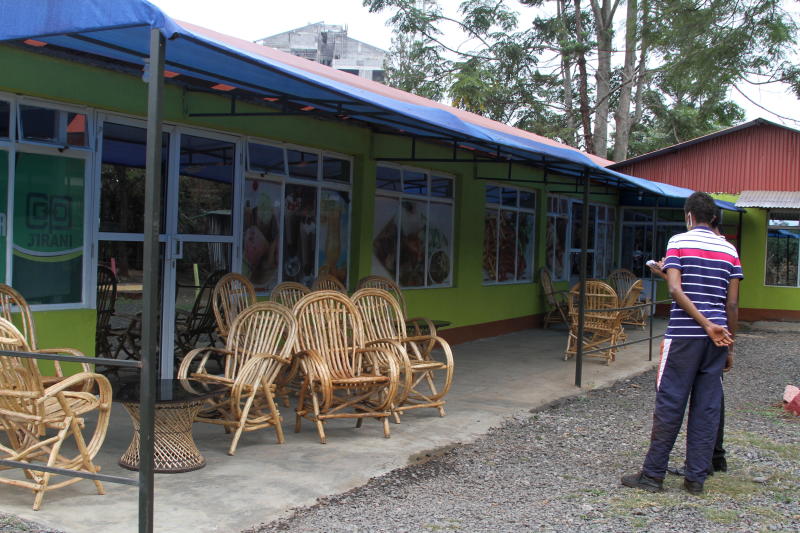
Agnes Kariko glances at her watch for the umpteenth time. It is half past one in the afternoon, and her eatery, located in the heart of the University of Nairobi’s Club 36 is still empty. In the kitchen behind, her assistant sits pensively, staring across the establishment that would, on a normal day, be buzzing with university students hunched over their food.
It has been four months of struggle since President Uhuru Kenyatta ordered the closure of institutions of learning in a bid to contain the spread of Covid-19. Club 36, which acts as the university’s main campus students’ shopping park, is now lifeless, a pale shadow of its vibrant self.